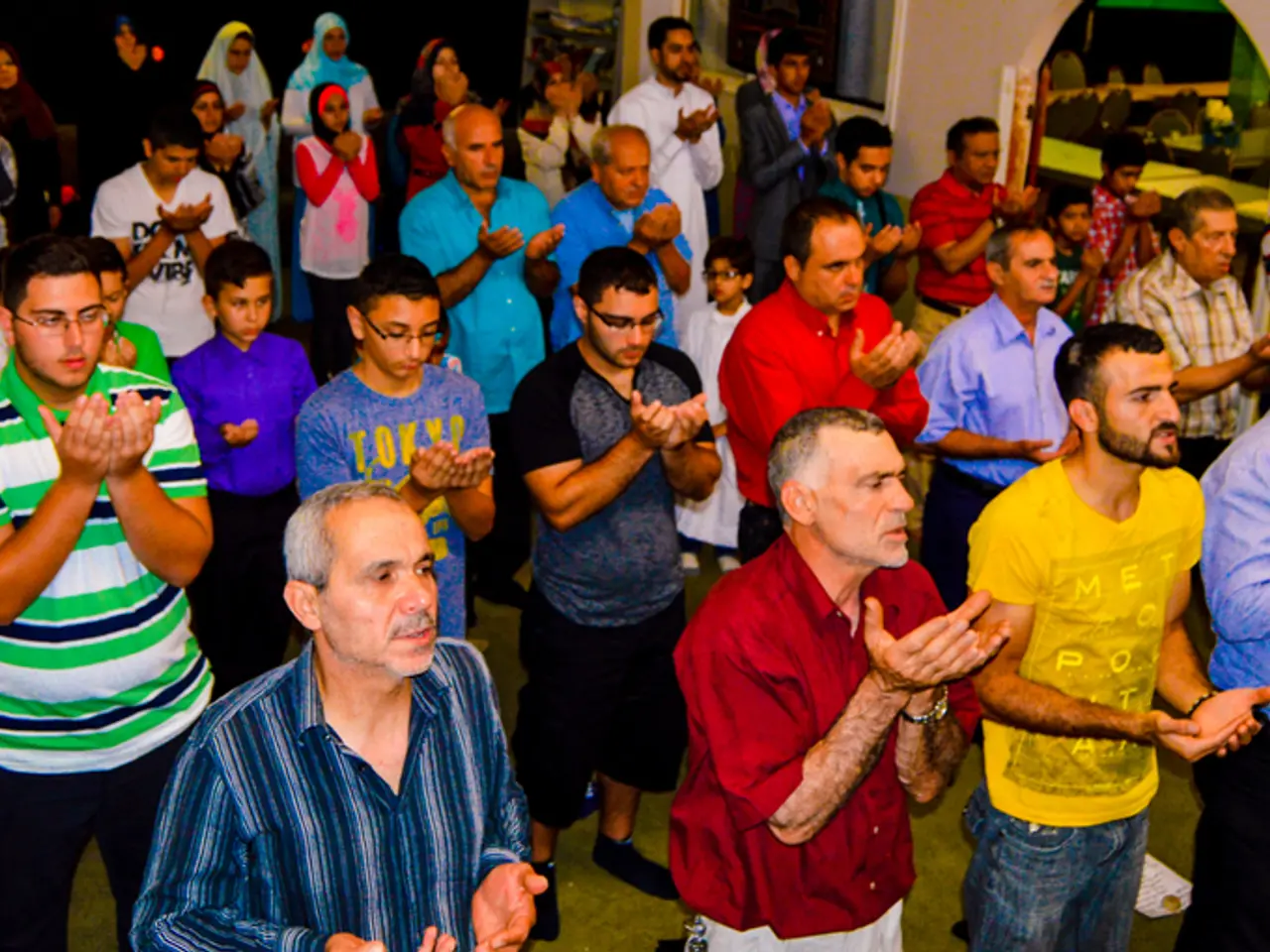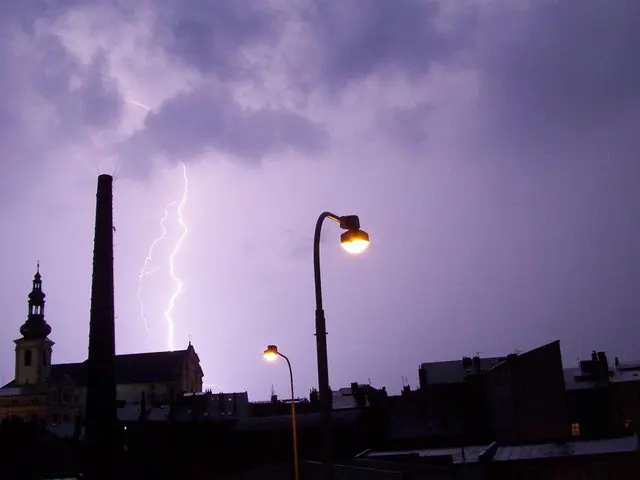South Korea's diplomatic efforts to ease tensions with Kim Jong Un could potentially impact the lives of approximately 400,000 Christians in the region.
In a bid to reduce tensions and foster dialogue with North Korea, South Korea's new President Lee Jae-myung has ordered about 80% of shortwave radio broadcasts aimed at North Korea to cease and began removing loudspeakers broadcasting anti-Pyongyang propaganda and K-pop songs along the Demilitarized Zone. This shift, however, has been criticized as a "catastrophic strategic mistake" for North Korea's Christians.
For many believers in North Korea, these broadcasts and leaflets from the South served as one of the few accessible sources of outside information, hope, and religious encouragement in an environment where religious practice is strictly suppressed. The decrease in broadcasts and border loudspeaker messages has greatly diminished their access to such support, causing concern about further shrinking religious freedom.
The Open Doors report notes that police and intelligence agents search homes without warning in North Korea, and finding Christian materials is considered a crime against the nation. Authorities in North Korea are said to be having greater success in electronically jamming the remaining broadcasts. The shutdown of radio stations is having a drastic effect on North Korea's Christians, as the Kim Jong-un regime has ruled that it is a crime to worship Christianity.
The ruling Kim family dynasty in North Korea is portrayed collectively as gods. Each act of worship in North Korea is perceived as an "act of extreme disloyalty." Being found with a Bible in North Korea can lead to execution, often after torture. The North Korean government fears Christianity because it presents a claim of a true God not connected to the Kim dynasty.
In contrast, President Trump was a champion for religious freedom globally, including defending people's ability to read the Bible and freely access religious texts. The U.S. State Department is actively looking into new ways to advance freedom of religion in North Korea, including for North Korea's severely persecuted Christian community.
Greg Scarlatiou, President and CEO of the Washington-based Committee for Human Rights in North Korea, states that underground Christianity provides a space for the free exchange of ideas. Despite the challenges, the resilience of North Korea's Christian community continues to thrive, with Christians daring to listen to radio programs at night, hidden under blankets.
However, North Korea remains highly restrictive and uninterested in dialogue, continuing its control over information and religious activities. North Korea is at the top of Open Doors' World Watch List for persecution of Christians again this year. As the world watches, the struggle for religious freedom in North Korea continues.
[1] https://www.reuters.com/world/asia-pacific/south-korea-drops-anti-north-korea-broadcasts-2021-06-23/ [2] https://www.cnn.com/2021/06/23/asia/south-korea-north-korea-broadcasts-intl/index.html [3] https://www.bbc.com/news/world-asia-57661945 [4] https://www.usatoday.com/story/opinion/2021/06/23/south-korea-north-korea-broadcasts-end-religious-freedom-opinion/5646798001/ [5] https://www.aljazeera.com/news/2021/6/23/south-korea-stops-anti-north-korea-broadcasts-amid-peace-overtures







